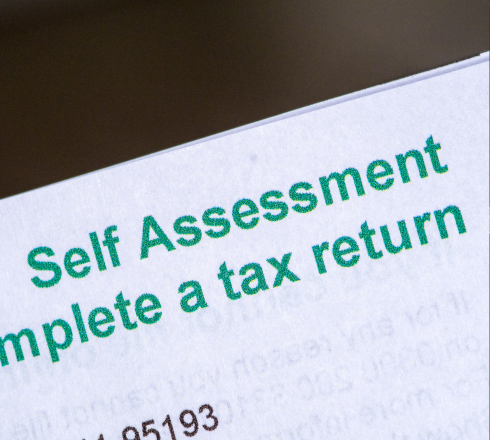Income belongs to the sole trader, and it is the sole trader’s responsibility to account for the business properly and make sure the deductible expenses are accounted for. HMRC will take the money received as income and tax will be calculated only on the income received if the taxpayer does not prove/show expenses.
Read MoreDid you know we can already prepare and calculate your tax liability for 2024/2025? This makes it easier to plan what you will be paying to HMRC in July 2025 as part of the prepayment, and then in January 2026 as the final payment.
We always start with our retainer client self-assessment returns first, but if you are ready to send us your information, please do. We love being prepared and getting the dreaded 'tax' out of the way!
Read MoreAs we approach the new financial year, we want to remind you of an important update regarding the minimum wage rates.
Effective from 1st April 2025, the minimum wage rates will be increasing.
Read MoreThe UK government is rolling out a significant change in the way self-assessment tax returns are filed, known as Making Tax Digital (MTD). This initiative aims to modernise the tax system, making it easier for individuals and businesses to keep on top of their tax affairs.
Read MoreAs we step into the new financial year, I thought it would be beneficial to discuss the Corporation Tax rates in the UK due to the recent changes.
This information will help you plan and manage your finances more effectively. Additionally, if you have multiple companies, it's important to know how group relief can be utilised to optimise your tax liability.
Read MoreIf you're a VAT-registered business in the UK (accrual or cash basis VAT registration), you might be wondering when you can charge 0% VAT on your goods and services.
Let's break it down so you can get a handle on when you can apply this zero-rated VAT and how it works.
Read MoreAs we approach the end of the tax year, I wanted to remind you to review your pension contributions to ensure you're making the most of your yearly allowance for tax purposes. Topping up your pension funds before the deadline can help benefit from the tax and also help with your future.
The annual allowance is the maximum amount you can contribute to your pension pots in a tax year (from 6 April to 5 April) before you must pay tax. For the tax year 2024 to 2025, the standard annual allowance is £60,000. This includes contributions made by you, your employer, and any third parties.
Read MoreAs we step into the new year, it's time to remind you that the self-assessment tax deadline is fast approaching. By the end of January 2025, you need to have paid your self-assessment tax for the tax year 2023-2024. If you haven't yet sent us your information, don't worry. We've been keeping records and have reached out to those of you who we believe need to provide additional details. However, if you haven't heard from us and would like us to file your self-assessment, please get in touch as soon as possible.
Read More







